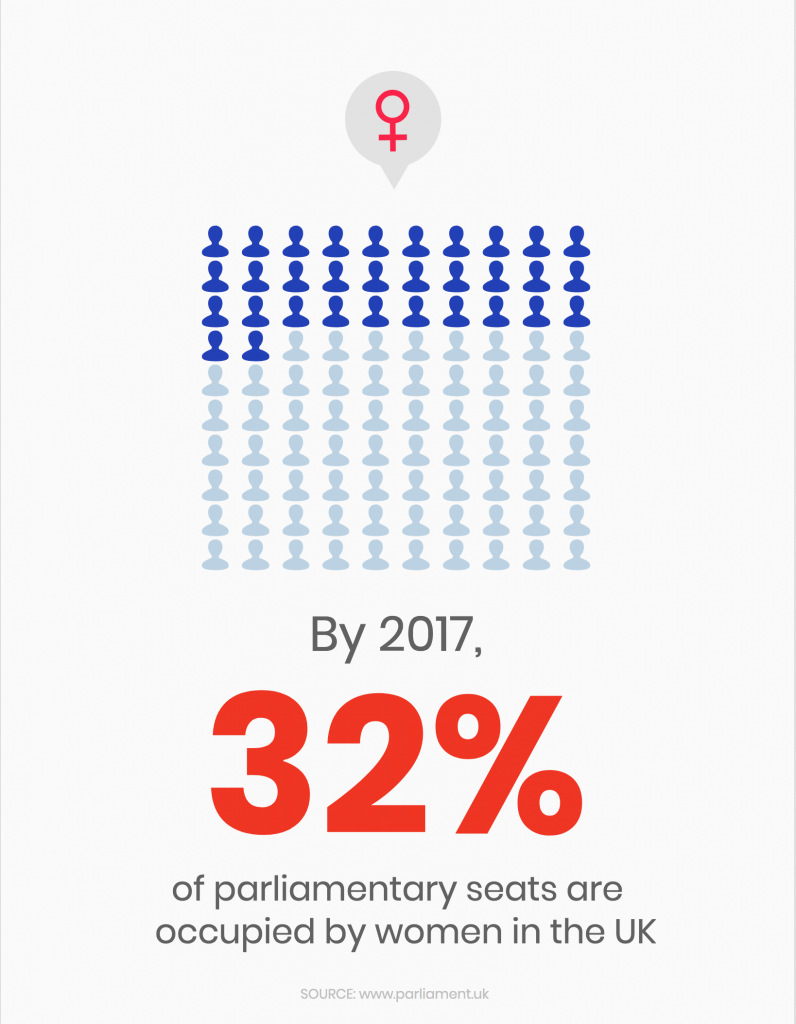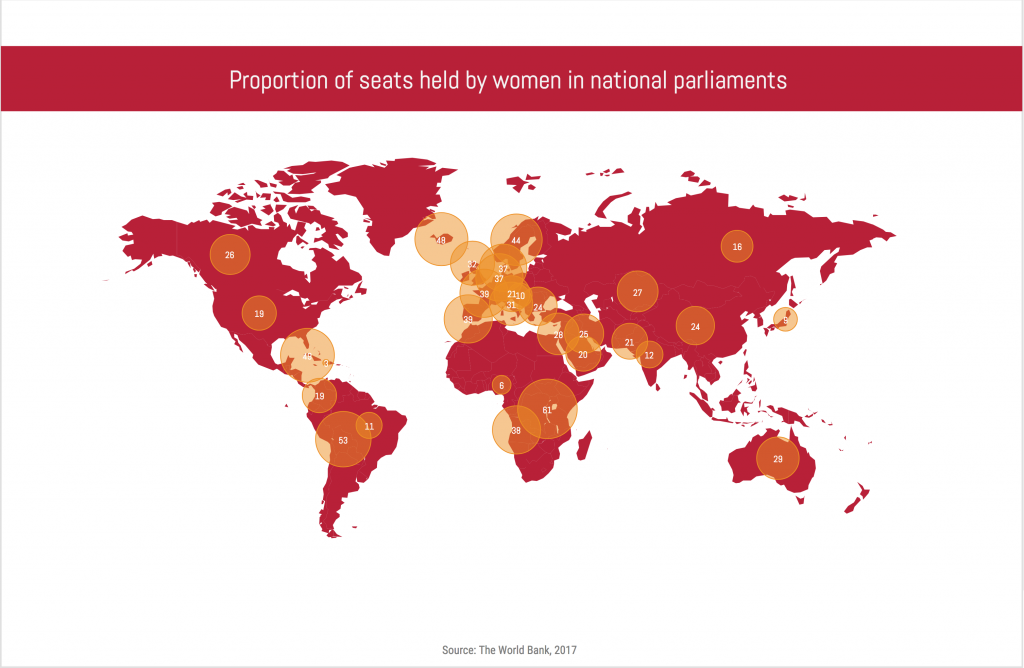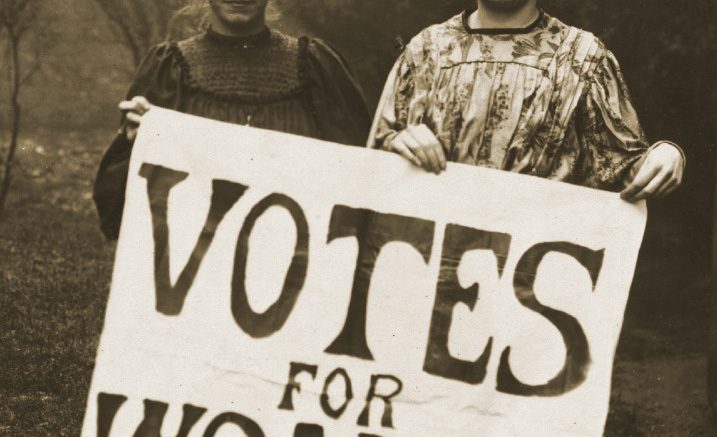It has been 100 years since women could legally vote in the UK. To celebrate the centenary of this historic event, Voice of London is here to spread some girl love.
Brief History
Women were not allowed to vote in the UK up until 1918, which is when The Representation of the People Act was passed. In lights of the Act women above 30 with the required property qualification and all men above 21 were able to vote. While this was a huge step towards equal rights for women, it was only a stepping stone. There were two groups who fought for women’s rights. The ‘suffragists’ campaigned with peaceful methods such as lobbying, while the ‘suffragettes’ used more powerful, sometimes even illegal and violent protests to fight for equal voting rights for women. Their continuous fight resulted in the 1928 Equal Franchise Act, which granted the same voting rights for women and men.

Present day
Involving women in politics, however, doesn’t stop at their rights to vote. According to a report by a parliament research, “A record 208 women MPs were elected to the House of Commons at General Election 2017, a record high of 32%.” However, this is a disappointing figure considering that women in Saudi Arabia are allowed to vote since the 2015 local elections and already have 20% of parliamentary seats. Compared to Western and Northern European countries, the UK is one of the last ones in the ranking. The leaders are Iceland (48%), Sweden (44%), France and Spain (39%). Finland’s parliamentary seats were occupied by 32% women in 1990 and are now up to 42%, shows data from The World Bank.

Women in leadership
A panel discussion on women leadership organised by My Life My Say (MLMS) was held to “showcase incredible women who are killing it” opened Ella Sadie Guthrie journalist and poet. (MLMS is a youth-led, non-partisan movement on a mission to rebrand politics and secure a better Brexit for young people.) “Politics needs to become more accessible for women,” said Labour Councillor Vanisha Solanki. She added: “We need to listen to what young people have to say. Things won’t change if we don’t work together. We need to remind ourselves that we are good enough. It’s about supporting each other.”
Full house at our Women in Leadership event with @BeACouncillor. Follow us live on #Vote100 as we talk about how young women are changing the world ✊🏼✊🏾 pic.twitter.com/6GvDNJAXR7
— My Life My Say (@mylifemysay) December 11, 2018
Discussing women in leadership, both in soft and hard power, Amy Longland, Chief Operating Officer at My Life My Say, said that as women “we are entitled the same place as men”.
“It’s so easy to be fallen in the background, you just have to agree,” said Temi Shogelola, Strategy Implementation Manager at UK Ministry of Defence. She was referring to her experience working as a woman on an IT team with hundreds of male members, from which only two were female. “Learn how to occupy space. Remind yourself that you earned it. Nothing was given to you” was her advice for young girls and women who are facing impostor syndrome.
🔥Tonight, we brought together young women to discuss the progress and challenges of women in all types of leadership ✊ An inspiring #Vote100 celebration! Thank you @centralworking @beacouncillor and and our panelists @amy_longland @vanisha_solanki @ellasadiee & Temi 💯 pic.twitter.com/wTGooiuc4e
— My Life My Say (@mylifemysay) December 11, 2018
What is impostor syndrome?
Impostor syndrome is when an individual feels insecure and unworthy to be where he/ she is. The phenomenon affects especially young women in male-dominated industries where they feel the need to apologise for their achievements or question their abilities. MLMS’s panel discussion closed with encouraging words from women working in different industries. The main emphasis was on women supporting each other. Ella Sadie Guthrie closed the panel by adding, “You have to be able to validate yourself and be like I can do this. You don’t need your boss telling you that you’re doing a good job”.
Have you ever experienced impostor syndrome? Let us know your story and how you overcame it! Don’t forget to use #Vote100. Let’s share some girl love!
Featured Image: courtesy of Wikipedia
Words and Infographics: Noemi Martini

